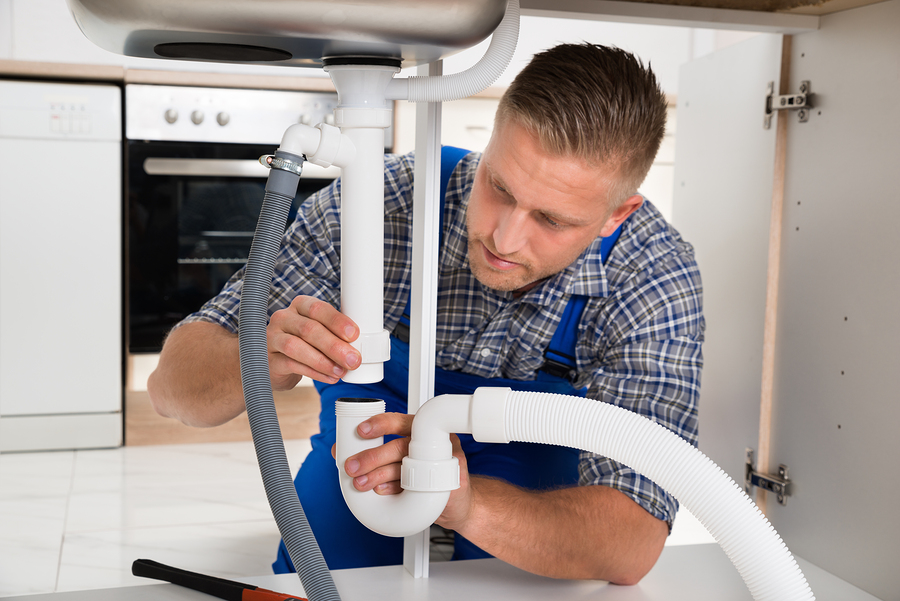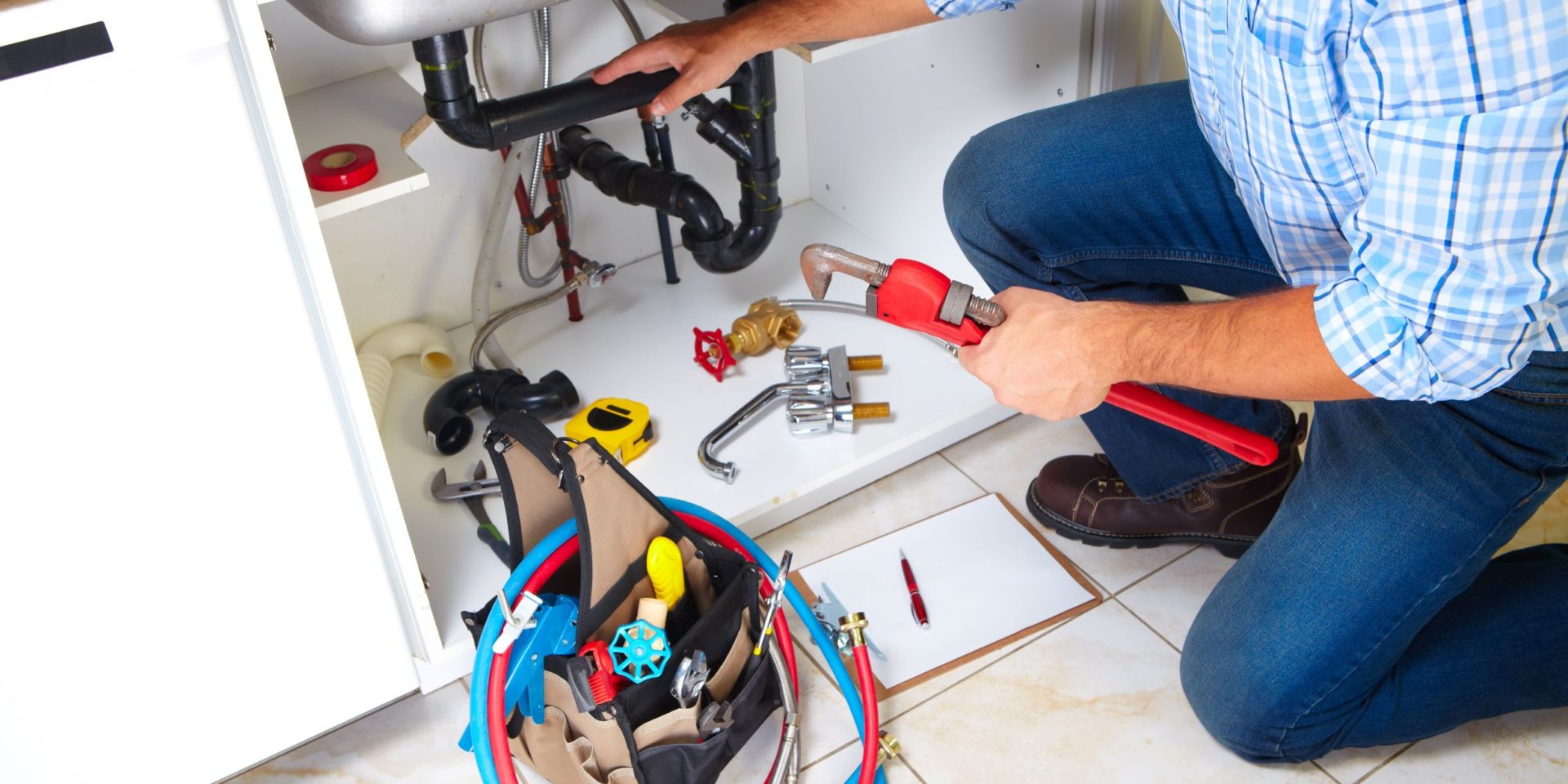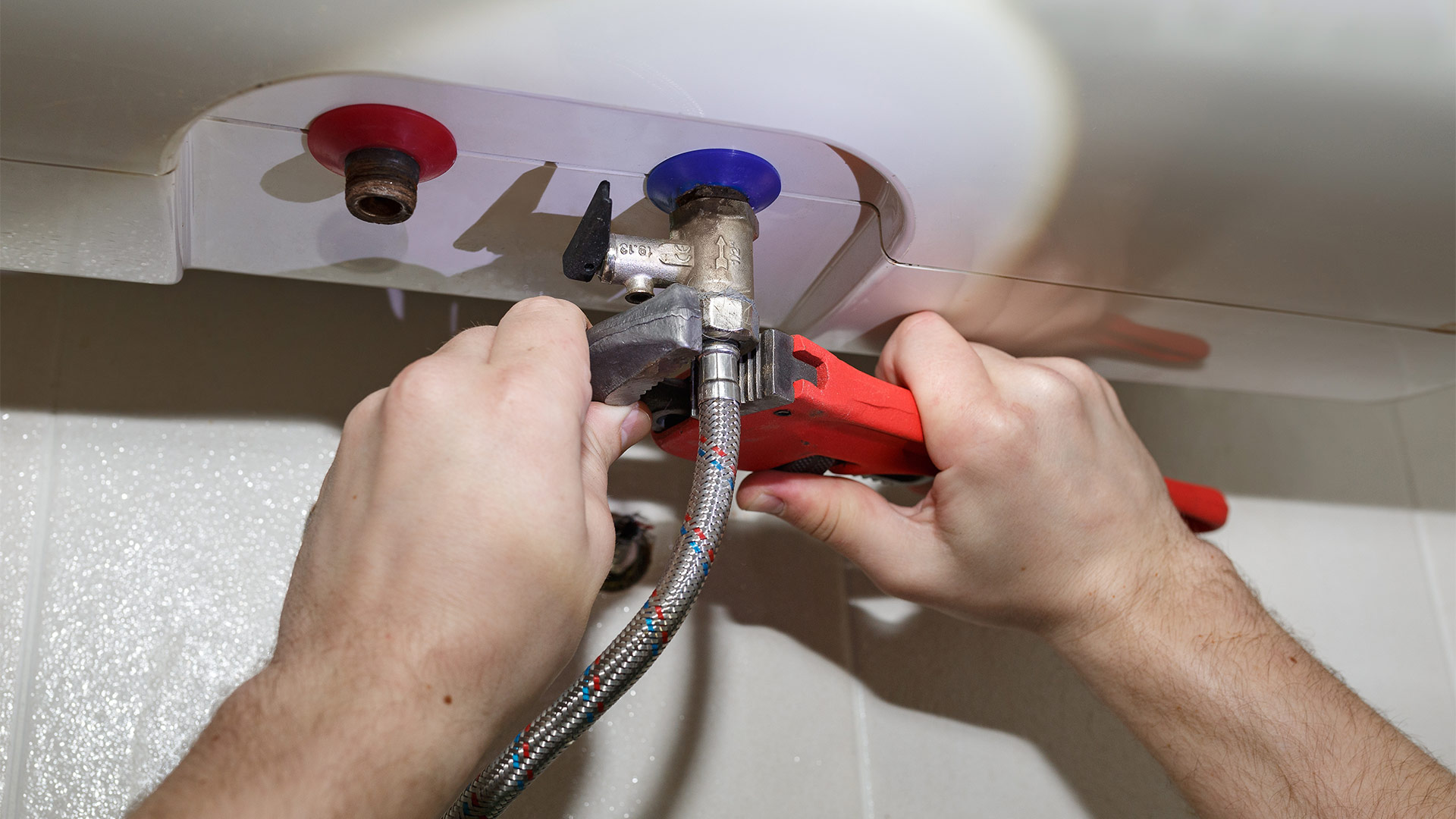Tankless water heaters offer several benefits and drawbacks compared to traditional storage tank water heaters. Here’s a comprehensive list of the pros and cons you need to consider:
Pros of Tankless Water Heaters:
- Energy Efficiency: Tankless water heaters are more energy-efficient than storage tank water heaters because they only heat water as needed, reducing standby energy losses associated with keeping a large volume of water hot continuously.
- Endless Hot Water: Tankless water heaters provide a continuous supply of hot water on demand, eliminating the risk of running out of hot water during peak usage times.
- Space-Saving: Tankless water heaters are compact and wall-mounted, saving valuable space compared to bulky storage tank water heaters, making them ideal for small homes or spaces.
- Longer Lifespan: Tankless water heaters typically have a longer lifespan than storage tank water heaters, lasting up to 20 years with proper maintenance, compared to the 10-15 year lifespan of storage tank water heaters.
- Reduced Water Waste: Because tankless water heaters heat water on demand, there’s less water wasted waiting for it to heat up, leading to water conservation.
- Temperature Control: Tankless water heaters often come with precise temperature control settings, allowing users to adjust the water temperature to their preference.
Cons of Tankless Water Heaters:
- Higher Initial Cost: Tankless water heaters have higher upfront installation costs compared to storage tank water heaters. This includes the cost of the unit itself, installation, and potential upgrades to gas lines or electrical systems.
- Flow Rate Limitations: The flow rate of a tankless water heater may be limited, meaning it may struggle to provide hot water simultaneously to multiple fixtures if demand exceeds its capacity.
- Installation Requirements: Tankless water heaters may require modifications to your home’s plumbing and electrical systems, especially if you’re upgrading from a storage tank water heater, which can increase installation costs.
- Cold Water Sandwich Effect: Some tankless water heaters may experience a phenomenon known as the “cold water sandwich effect,” where there’s a brief moment of cold water flow between bursts of hot water, particularly noticeable during short showers.
- Maintenance Needs: Tankless water heaters require regular maintenance, including periodic descaling to remove mineral deposits that can affect performance and efficiency. Neglecting maintenance can lead to reduced efficiency and premature failure.
- Sizing Considerations: Proper sizing is crucial when selecting a tankless water heater to ensure it can meet the hot water demand of your household. Factors such as the number of fixtures, peak usage times, and climate should be considered when determining the appropriate size.
- Potential Retrofitting Costs: Retrofitting a home with a tankless water heater may require additional costs for upgrades to gas lines, venting systems, or electrical circuits, depending on the existing infrastructure.
While tankless water heaters offer numerous benefits, it’s essential to weigh the pros and cons carefully and consider your specific needs and circumstances before deciding if a tankless water heater is the right choice for your home. Consulting with a qualified plumber or HVAC professional can help you make an informed decision based on your individual requirements.



